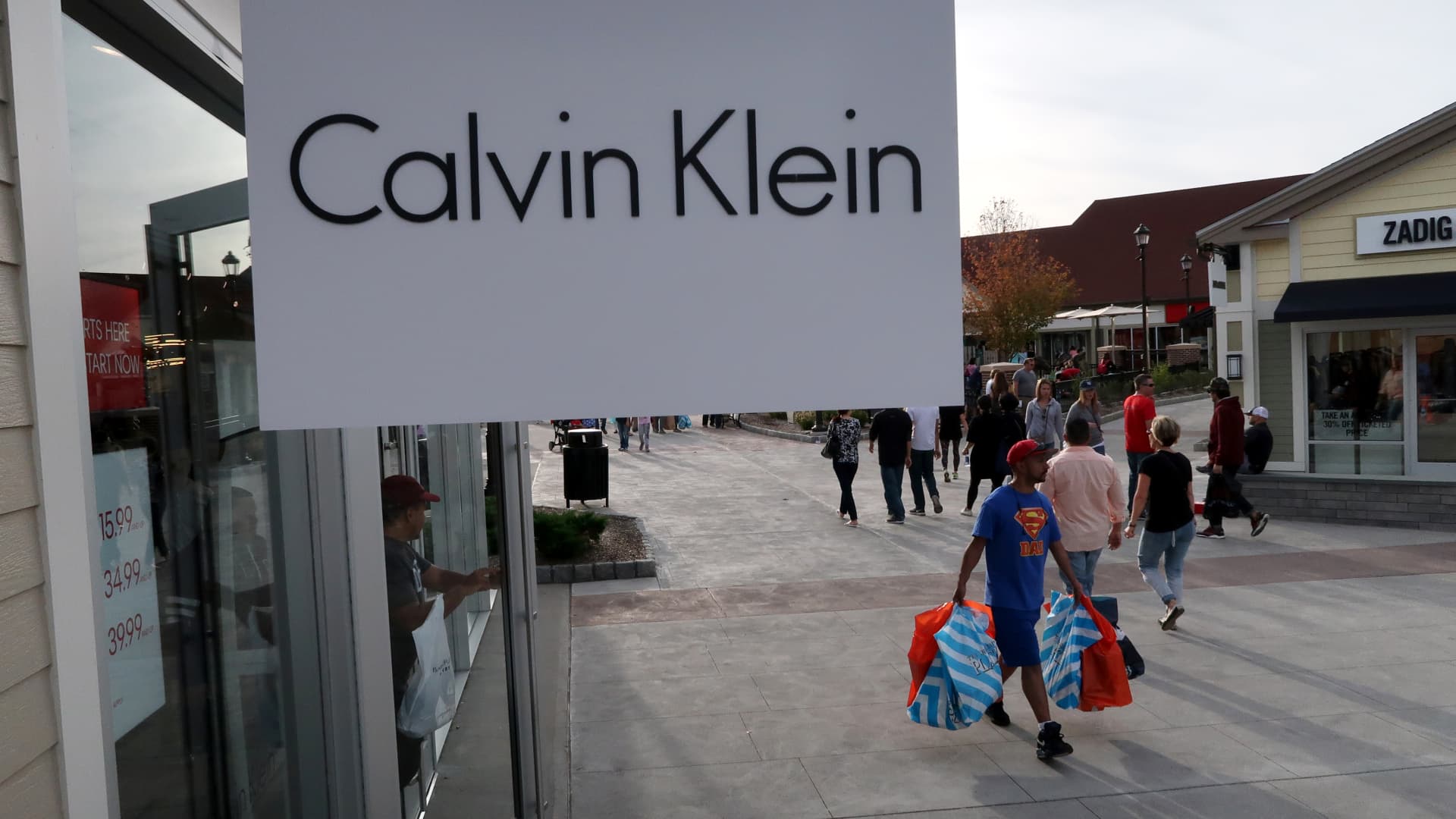Chinese and U.S. flags flutter near The Bund, before U.S. trade delegation meet their Chinese counterparts for talks in Shanghai, China July 30, 2019.
Aly Song | Reuters
BEIJING — A high-stakes call between the U.S. and Chinese presidents on Thursday has yet to resolve a global shortage of rare earth exports that businesses say could halt production of cars and other industrial parts this summer.
Rare earths, along with a broader group of critical minerals, are used in weapons, cars and other high-tech products. China has come to dominate the mining and production of those metals, and over the last two years has gradually started to restrict international sales.
In early April, China announced new export controls on seven rare earth elements. Unlike other measures, Beijing did not specify whether they were a response to heightened U.S. tensions.
After both sides reached their breakthrough trade agreement on May 12, China’s Commerce Ministry said on the same day that it held a meeting to strengthen export controls on critical minerals. There was no broad rollback of the restrictions on seven rare earths.
This development came as a surprise to many in Washington, who had expected a repeal of the rare earths restrictions, since the trade agreement had said both countries would suspend most tariffs and roll back countermeasures for 90 days.
But so far, only some Chinese suppliers of U.S. companies have received six-month export licenses for rare earths, the American Chamber of Commerce in China said Friday, citing a survey of members from May 23 to 28.
Among respondents affected by rare earths controls, 75% said their existing supplies would run out within three months, the survey said. The controls mostly affected sectors involving research and development, resources, industrial and tech, but not consumer or services companies, the survey showed.
While China did not mention rare earths in its readout of Chinese President Xi Jinping’s call with U.S. President Donald Trump, the long-awaited conversation itself signaled that both countries would continue to talk, following accusations from both sides of violating the trade agreement.
“I think we’re in very good shape with China and the trade deal,” Trump told reporters following Thursday’s call. “We have a deal with China, as you know, but we were straightening out some of the points having to do mostly with rare earth magnets and some other things.”
He did not elaborate. But Trump said U.S. Treasury Secretary Scott Bessent, Commerce Secretary Howard Lutnick and U.S. Trade Representative Jamieson Greer would meet their Chinese counterparts at an unspecified time.
Further trade talks will likely bring the U.S. and China back to where things stood earlier this year, with limited tariffs, Jianwei Xu, senior economist at Natixis, said Friday. He said China could accelerate some rare earths export approvals for commercial use, in return for the U.S. easing its restrictions on some tech exports to China.
“I think both China and the U.S. have figured out that each other’s immediate weaknesses are not so much about tariffs, but more about non-tariff issues, especially in tech and rare earths,” Xu said.
Not just the U.S.
The impact of China’s restrictions on rare earths extends beyond U.S. companies.
Several European auto parts companies have already had to stop production, industry association CLEPA said Wednesday. It warned of more widespread impact in coming weeks, and said China has only approved about 25% of “hundreds of export license applications” that were submitted.
China has recently appeared to ease some export controls, albeit to some European companies, the European Union Chamber of Commerce in China said Friday. But it warned that it was insufficient to “prevent severe supply chain disruptions for many companies.”
“Our members are still struggling with the export licence approval process, due to both the time it takes and the lack of transparency, and this is now negatively impacting production lines in Europe and other countries,” European Chamber President Jens Eskelund said in a statement.
Weekly analysis and insights from Asia’s largest economy in your inbox
Subscribe now
Japanese automaker Suzuki Motor briefly suspended production of its Swift car due to China’s rare earth curbs, Reuters reported Thursday, citing two unnamed sources, with manufacturing expected to partially resume on June 13. A Suzuki Motor spokesperson was not immediately available to comment when contacted by CNBC.
“China’s export control measures are consistent with universal practices. Such measures are non-discriminatory and not targeted at any particular country,” China’s Foreign Ministry Spokesperson Lin Jian said in response to a question about the Japanese automaker on Thursday, according to an official English-language transcript.
That echoed Ministry of Commerce Spokesperson He Yongqiang’s response to a question last week on Chinese companies restricting sales of a critical mineral stored outside the country at the Netherlands’ Rotterdam port.
She added during a separate press conference Thursday that China would approve applications for export licenses in line with its regulations, and to “promote convenient and compliant trade.” That’s according to a CNBC translation of the Chinese.
Increasing export controls
China’s restrictions on critical minerals have accelerated in the last several months.
Following export controls in Aug. 2023 on gallium and germanium, two metals used in chipmaking, China, a year later, then announced similar restrictions on exports of antimony, which is used in bullets, nuclear weapons production and lead-acid batteries. It can also strengthen other metals.
A few months later, China released a broader policy that tightened restrictions on exports of products that could have both civilian and military use. The export controls cover metals such as tungsten that the U.S. has deemed critical.
Tungsten is nearly as hard as a diamond, and is used in weapons, semiconductors and industrial cutting machines.
There are about 300 grams (10.6 ounces) of tungsten in the average car, the majority of which is lost even with recycling, said Martin Hotwagner, market analyst at Austria-based Steel & Metal Market Research. As supplies run low, he expects Western companies will likely run out of tungsten later this summer.
— CNBC’s Sam Meredith contributed to this report.

 Blog Post6 days ago
Blog Post6 days ago
 Economics1 week ago
Economics1 week ago
 Economics1 week ago
Economics1 week ago
 Accounting1 week ago
Accounting1 week ago
 Personal Finance1 week ago
Personal Finance1 week ago
 Economics7 days ago
Economics7 days ago
 Personal Finance1 week ago
Personal Finance1 week ago
 Finance1 week ago
Finance1 week ago











